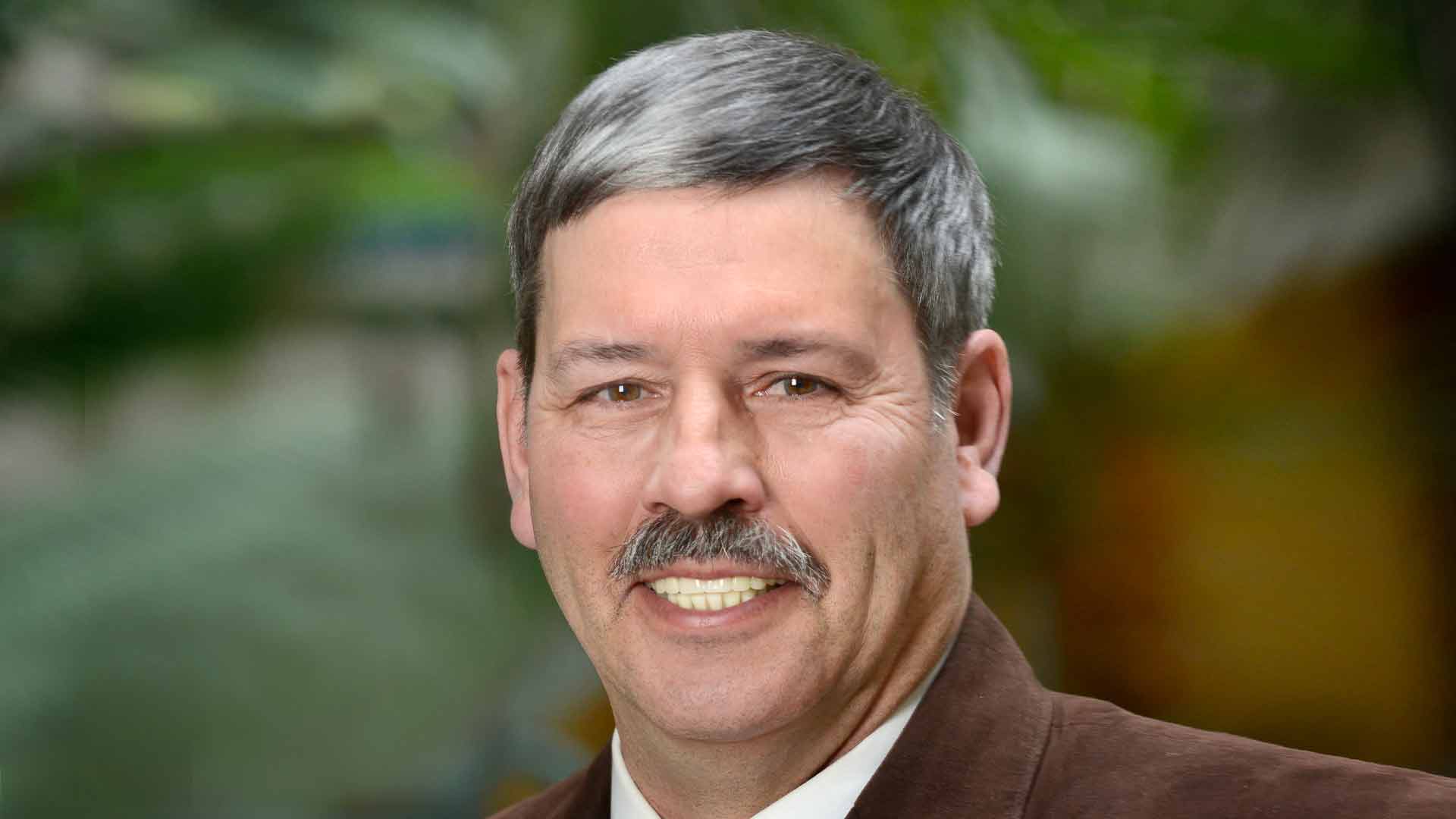BY AURI
This quarter the Ag Innovation News brings you an interview with AURI board member, John Schafer. John comes from a multi-generational farming family who recently celebrated their centennial in the Hereford cattle business. Therefore, it should come as no surprise he brings a wealth of beef and traditional protein expertise to the board.
AIN: Which agricultural group do you represent?
JS: I represent the Minnesota Beef Council on AURI’s Board of Directors.
AIN: Please give us some highlights around your agriculture background.
JS: I’m the fourth generation on a farm near Buffalo Lake, MN, where we raise corn, soybeans, alfalfa, grass and registered Hereford cattle. Last year we celebrated 100 years in the Hereford business and my father was inducted into the American Hereford Association’s Hall of Fame.
I have a B.S. from the University of Minnesota in Animal Science. I’ve served as a leader of several organizations including six years representing Minnesota on the Cattlemen’s Beef Board. I represented that entity on the Beef Promotion Operating Committee for five years and on the beef industry’s Product Enhancement Committee for six years, including two years as Vice-Chairman. I am currently chairman of the Research Committee for the Minnesota Beef Council.
AIN: What direction do you see value-added agriculture going during the next 3 years?
JS: I predict there will be more specialty crops and livestock grown under contract for a specific market. I also think there will be greater effort to extract more value from co-products. Sustainability/efficiency will be emphasized. This will take many forms including efficient use of labor and equipment, streamlined processing, packaging, and distribution, and recycling of waste streams to name a few. Efficient use and recycling of water will get lots of attention. Foods will see a continued trend toward more source and process verification and the trend towards more diversified foods will accelerate. Marketing and distribution of foods is going to change dramatically with profound and probably unpredictable effects on agriculture. Renewable bio-based chemicals will find more niches. The energy market has changed a great deal in recent years. I anticipate that the focus for carbon based renewable energy will shift to specific niche markets.
AIN: What are some of AURI’s greatest accomplishments in recent years?
JS: That’s a tough question to answer. The nature of innovation can be fickle—seemingly small successes can become blockbusters over time, while research results can take many years to pay dividends. What that means is that it’s difficult to evaluate our success in the short term. I will say though, that we have assembled an organization of talented individuals that have been integrated into a cohesive team with tremendous potential. We’ve had many successes in the past and I believe we are poised to achieve much more.
AIN: As a leader of AURI, what kind of future collaborations would you like to see the organization undertake?
JS: I think there are significant opportunities for more collaboration with like-minded entities, public and private, in neighboring states. I know we have developed resources that many of our neighbors lack and they probably have some expertise in certain fields that we can utilize. I would also like to see stronger ties between AURI and academic institutions in Minnesota and neighboring states.
We already work with a number of other non-profit organizations to support the needs of our clients but we can do more. There are lots of different entities involved in the production, processing, and marketing of Minnesota’s plethora of agricultural products and each one is an opportunity for more collaboration.
AIN: What do you hope to accomplish during your time on the board?
JS: I want to help AURI fulfill its mission. Hopefully by the time I retire from the board, revenues will have increased and will be from more diverse sources; AURI and its resources will be more widely used and respected; and Minnesota will be universally recognized as the leader in Ag innovation.
AIN: What are your goals for the AURI Board of Directors?
JS: I want us to provide strategic oversight. We shouldn’t micro-manage but we should have constructive dialogue about priorities and should ask lots of questions about how and why we do things. We need to be sure though that our staff understands we are doing this to strengthen the organization rather than to second guess their actions. It is our responsibility to see that we have a top-notch staff and that the staff has the resources to achieve our goals but we must not become an obstacle to their success. Board members should also play a role in making AURI more widely known to the public.

